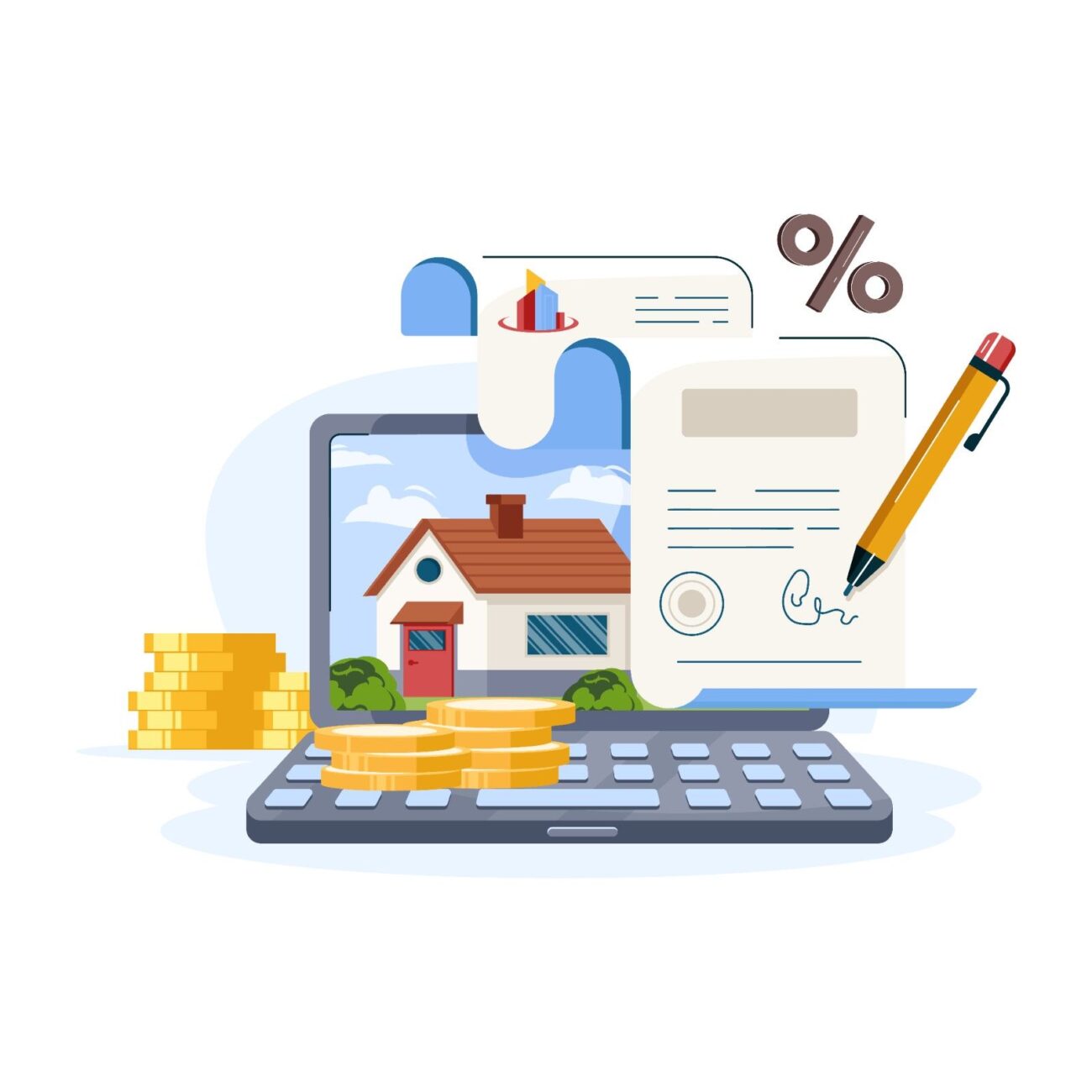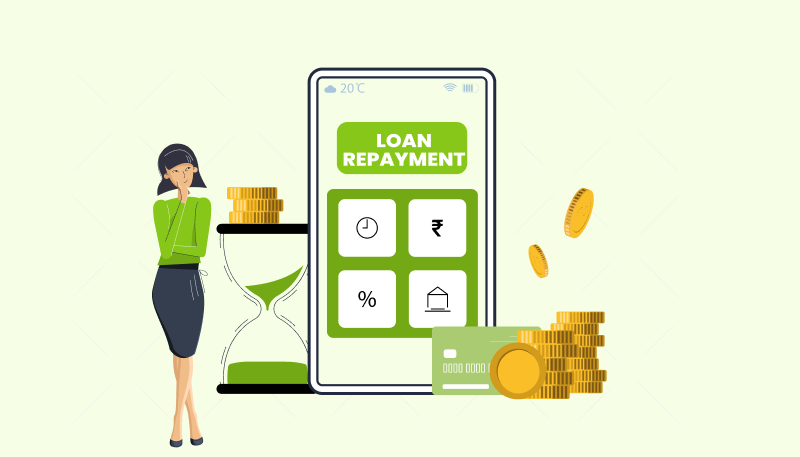One of life’s major financial turning points is purchasing a home. However, there is one important step to complete before you can hold those bright new keys in your hands: loan approval.
Knowing the home loan requirements can help the process go more smoothly, no matter whether you’re a first-time buyer or planning to improve your living area. Because they apply without knowing what lenders look for, many applicants experience delays or rejections.
Everything you need to know about home loan eligibility is made simple in this guide, so you can move forward with confidence and buy your dream house.
What Is Home Loan Eligibility?
To put it simply, home loan eligibility refers to the requirements that banks or housing finance companies set to decide whether you are eligible for a loan and how much you can borrow.
These requirements are determined by your age, credit score, employment type, income, and financial stability. Your chances of being accepted for a loan and receiving reduced interest rates increase with the quality of your financial profile.
Key Factors That Determine Home Loan Eligibility
Lenders look for several elements to check whether you meet their home loan criteria. Understanding these factors can help you prepare well before applying.
1. Your Income and Employment Type
One of the main factors influencing the amount of money you can borrow is your income. Borrowers with a steady source of income are preferred by lenders. Your monthly earnings and job security are important if you are a salaried employee. Lenders look at your company’s growth, profitability, and stability if you work for yourself.
Your ability to comfortably manage monthly EMIs is indicated by a higher income and a steady work history.
2. Your Credit Score
A numerical representation of your repayment habits is your credit score. Your loan eligibility is greatly increased if your score is higher than 750, which is considered good by most. Lenders are informed by a high credit score that you have a history of responsible borrowing and on-time repayments. A low score, on the other hand, could result in rejection or higher interest rates.
Before applying, wait a few months to raise your credit score if it’s low. Avoid taking out several loans at once, pay off outstanding debts, and settle credit card balances.
3. Age of the Applicant
Your repayment period depends on your age. Longer repayment terms are typically granted to younger applicants, which makes EMI payments easier and improves eligibility.
For example, lenders may offer a tenure of up to 30 years if you are in your 20s or 30s. To guarantee repayment before retirement, the loan period might be shortened if you’re in your late 40s or early 50s.
4. Existing Liabilities
By comparing your total EMIs to your monthly income, lenders closely evaluate your debt-to-income ratio. A high ratio indicates that there is little space for a new loan because the majority of your income is used to pay off your current debts.
Aim for a debt-to-income ratio of less than 40%. Before applying for a home loan, settle any outstanding credit card debt or small loans. Your eligibility can be greatly increased just by completing this step.
5. Property Value and Location
Lenders look at the property you plan to purchase in addition to your profile. Approval chances are influenced by factors such as property location, condition, and resale value.
Since they are regarded as low-risk and have greater resale potential, properties in urban or developed areas are mostly preferred.
Documents Required to Check Home Loan Eligibility
- Identity verification is done through voter ID, passport, PAN card, or Aadhaar card.
- Utility bills, rental agreements, or ration cards are examples of proof of address.
- Proof of income in the form of bank statements, IT returns, or salary slips
- For property records, show NOC, builder’s agreement, and sale deed.d
Simple Ways To Improve Your Home Loan Eligibility
- Add a co-applicant
- Pay off existing debts
- Choose a longer tenure
- Maintain a stable job history
Online Tools to Check Your Eligibility
Calculators for home loan eligibility are now available on the websites of the majority of banks and financial organisations. Based on your income, age, and expenses, these tools instantly calculate the maximum loan amount you might be eligible for.
Planning your finances before applying seems easy and quick with this method.
Common Mistakes to Avoid When Applying
Your chances of getting approved can be reduced or delayed by even small mistakes. Stay clear of these typical mistakes:
- Submitting multiple applications to several lenders (this can lower your credit score).
- Supplying false or insufficient documents.
- Ignoring current payments.
- Overestimating your capacity to repay.
You can avoid unnecessary challenges by being careful and open regarding your financial information.
Conclusion
The initial stage towards getting approved more quickly and on better terms is to understand the home loan requirements. A lower debt load, consistent income, good credit behaviour, and financial stability are all factors that lenders consider and that you can control.
You can securely fulfil all the requirements and get closer to obtaining your ideal home with a little preparation.




